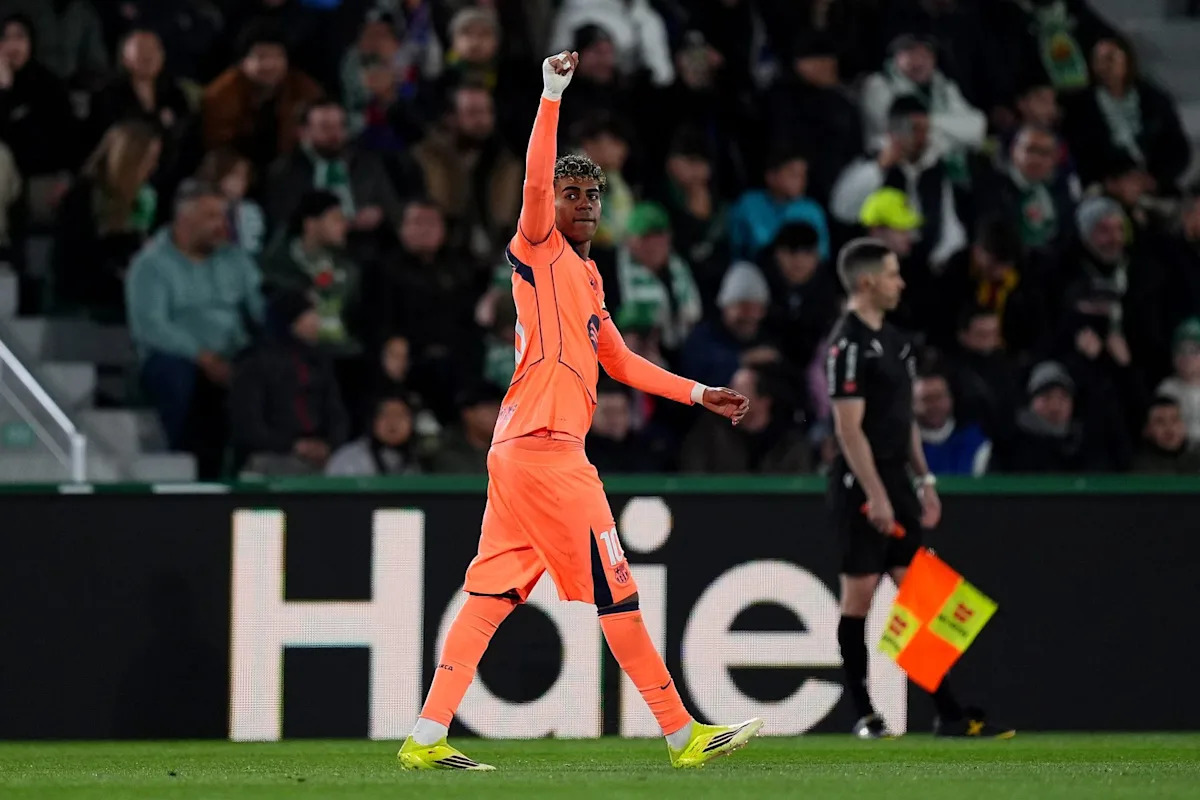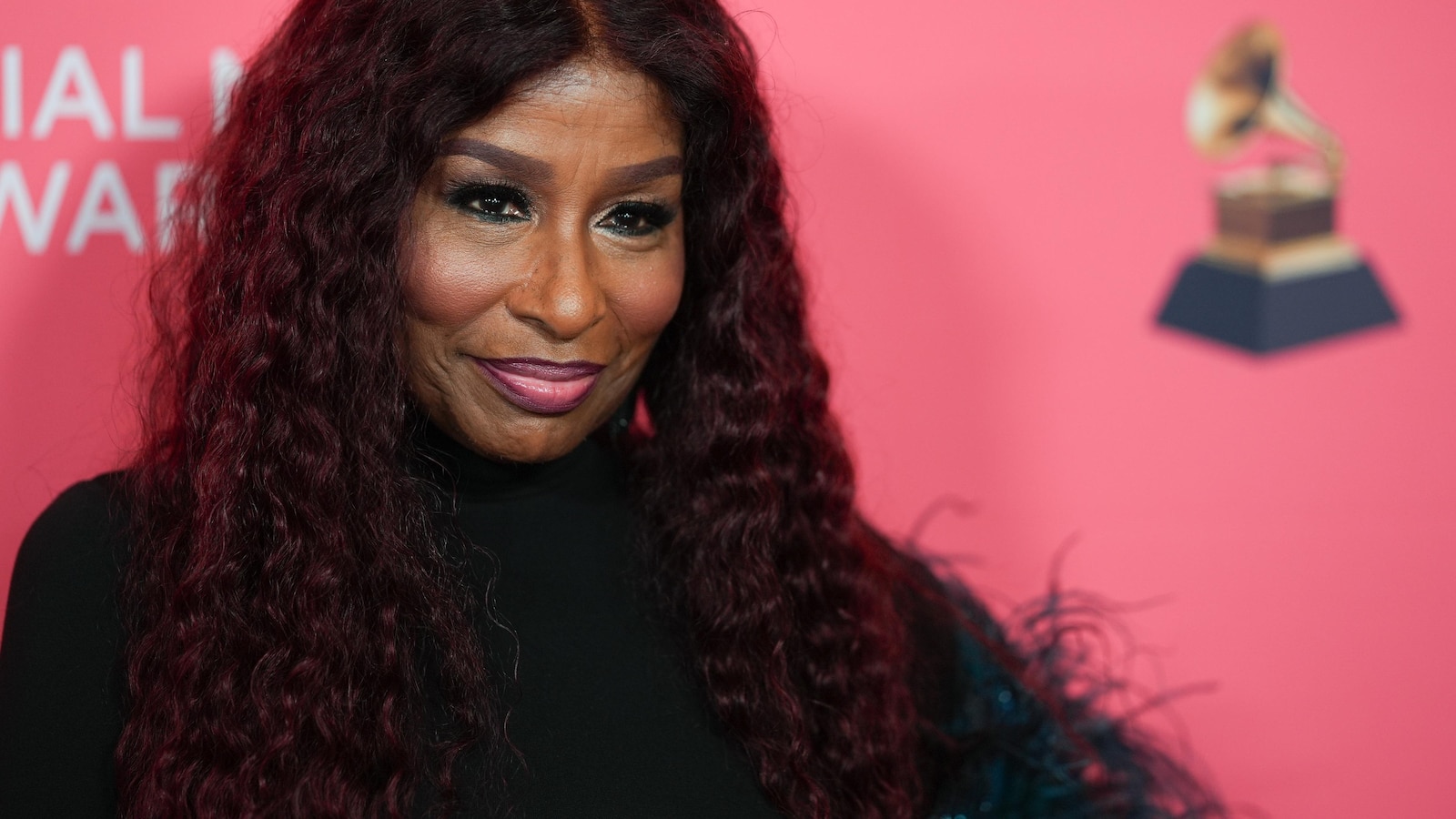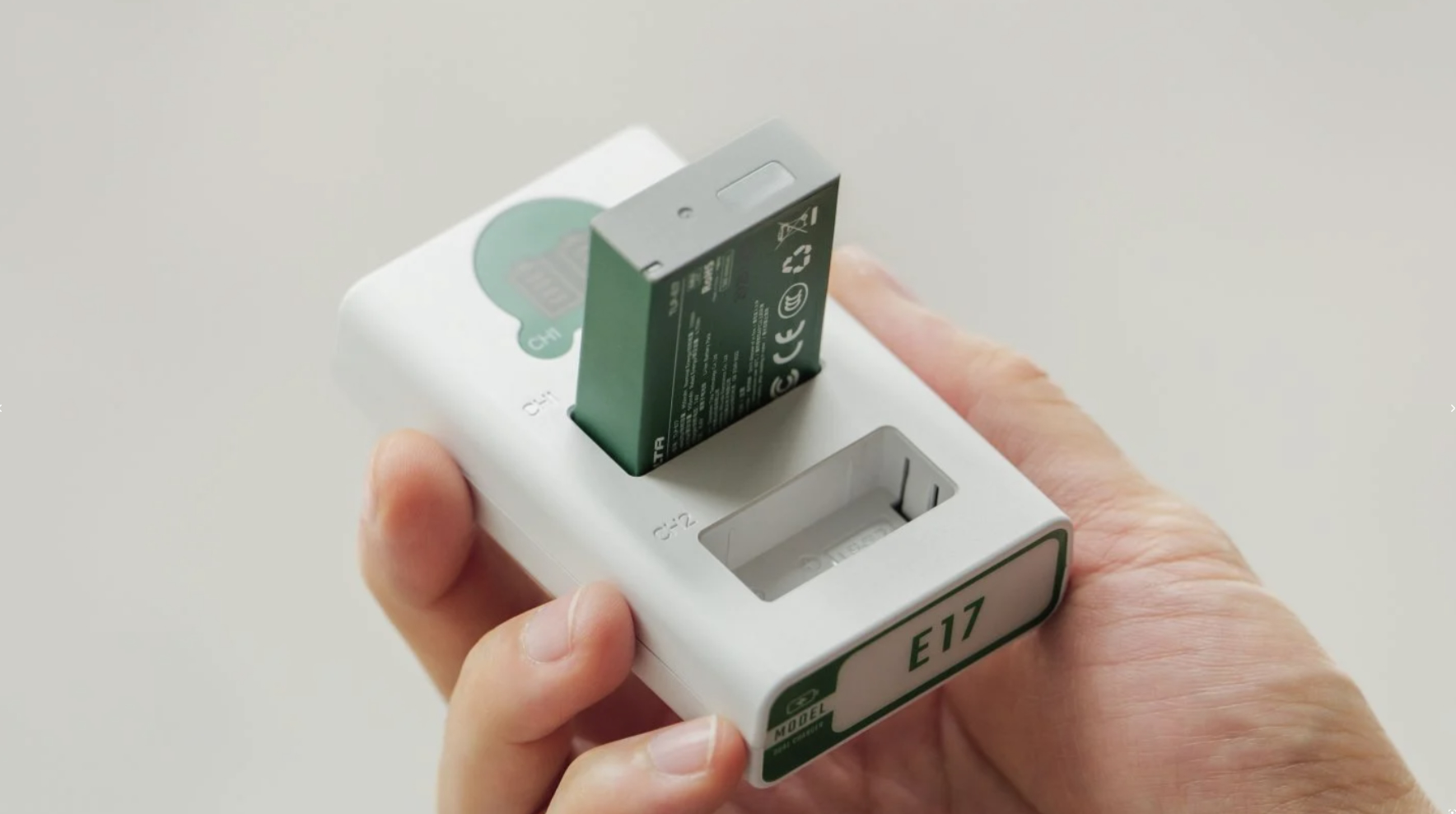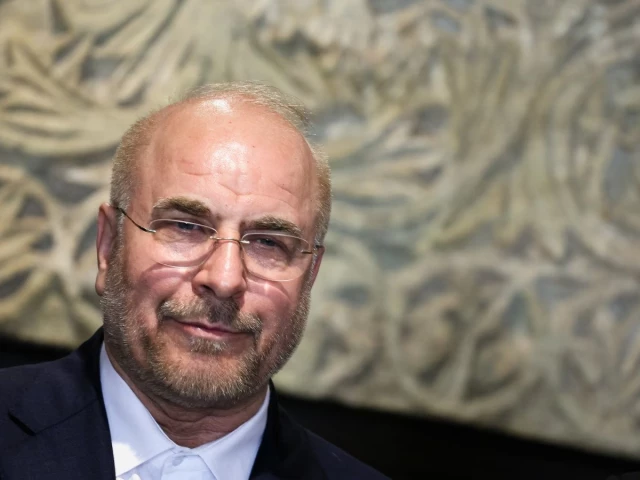- Pakistan forces kill 145 militants after attacks in Balochistan Reuters
- Deadly gun and bomb attacks hit Pakistan’s Balochistan province BBC
- More than 120 dead after multiple suicide and gun attacks in Pakistan, officials say The Guardian
Author: admin
-
Pakistan forces kill 145 militants after attacks in Balochistan – Reuters
-

Lamine Yamal equals Diego Maradona’s Barcelona goal tally with strike vs Elche
Lamine Yamal was one of the Barcelona players who shone the brightest in the team’s La Liga clash against Elche last night, even taking home the Player of the Match award.
The youngster, after all, was not only the team’s most important player…
Continue Reading
-
Access Denied
Access Denied
You don’t have permission to access “http://www.olympics.com/en/milano-cortina-2026/news/rivers-triplets-dream-of-representing-jamaica-together-at-a-winter-olympics-starts-at-milano-cortina-2026/” on this server.
Reference…
Continue Reading
-

Chaka Khan, Cher, Whitney Houston, Fela Kuti get Grammys Life Achievement Awards
LOS ANGELES — LOS ANGELES (AP) — Chaka Khan, Cher, Carlos Santana, Paul Simon, Fela Kuti and Whitney Houston received the Lifetime Achievement Award from the Recording Academy at the Grammys Special Merit Awards on Saturday night.
“Music has…
Continue Reading
-

Assessing ARMOUR Residential REIT (ARR) Valuation After Mixed Short And Long Term Share Price Returns
Make better investment decisions with Simply Wall St’s easy, visual tools that give you a competitive edge.
Without a specific headline event driving attention today, ARMOUR Residential REIT (ARR) is on investors’ radar because of its recent price moves and its role as a mortgage focused real estate investment trust.
The stock’s recent returns include a 5.3% decline over the past week, a 3.8% decline over the past month, and a 6.5% gain over the past 3 months, with shares last closing at US$17.40. Over the past year, the total return stands at 10.0%. The past 3 years show total returns of 8.1%, and the past 5 years show a 33.8% decline.
ARMOUR Residential REIT invests primarily in US agency residential mortgage backed securities, including fixed rate, hybrid adjustable rate, and adjustable rate home loans, along with unsecured notes and bonds from government sponsored entities and US Treasuries. It has elected REIT tax status, which means it is not subject to corporate income tax on qualifying income that is distributed to shareholders.
See our latest analysis for ARMOUR Residential REIT.
Putting it all together, ARMOUR Residential REIT’s recent 1 month share price return of 3.8% decline and 3 month gain of 6.5% contrast with a 5 year total shareholder return of 33.8% decline. This points to short term momentum improving off a weak longer term base.
If moves in mortgage focused REITs have your attention, this can be a good moment to broaden your search and check out fast growing stocks with high insider ownership for other ideas on Simply Wall St.
With ARMOUR Residential REIT’s mixed recent returns, rapid revenue and net income growth, and a share price close to the US$18.63 analyst target, you have to ask: is there hidden value here, or is the market already pricing in future growth?
ARMOUR Residential REIT’s most followed narrative suggests a fair value of $17.00, slightly below the last close of $17.40, which implies only a small valuation gap.
Federal Reserve easing and a potential shift toward using SOFR or similar repo based measures as a policy benchmark are expected to lower funding costs and reduce rate volatility, supporting wider economic net interest margins and more stable distributable earnings.
Read the complete narrative.
Analysts are not just talking about interest rates. They are incorporating powerful revenue growth, expanding margins and a very low future earnings multiple. Curious what that combination implies for 2028?
Continue Reading
-

TILTA LP-E17 & NP-W126S Batteries & Chargers
Tilta has introduced its latest power solutions, the all-new dual-channel battery chargers for Canon LP-E17 and Fujifilm NP-W126S, along with high-capacity USB-C rechargeable batteries.
Batteries
Tilta NP-W126S Battery with…
Continue Reading
-
4 dead, 28 injured as bus carrying wedding party overturns in Punjab’s Lodhran – Dawn
- 4 dead, 28 injured as bus carrying wedding party overturns in Punjab’s Lodhran Dawn
- Lodhran road accident: CM condoles deaths Business Recorder
- Four killed, dozens injured in bus crash The Express Tribune
- Wedding party vehicle-truck collision…
Continue Reading
-

Scientists discover how to turn gut bacteria into anti-aging factories
Researchers have discovered a way to coax the bacteria living in animals’ digestive systems into acting like miniature factories that produce compounds linked to longer life. The findings point to a potential new approach for developing drugs…
Continue Reading
-

LOT Polish Airlines launches new Business Class menu
LOT Polish Airlines has launched the second edition of its ‘Michelin-Starred Flavours in LOT Business Class’ programme. The menu has been developed by Artur… Continue Reading
-

Iran labels EU armies terrorist groups after IRGC designation
Tehran warned of retaliatory steps, including possible expulsion of EU military attaches
TEHRAN:…
Continue Reading